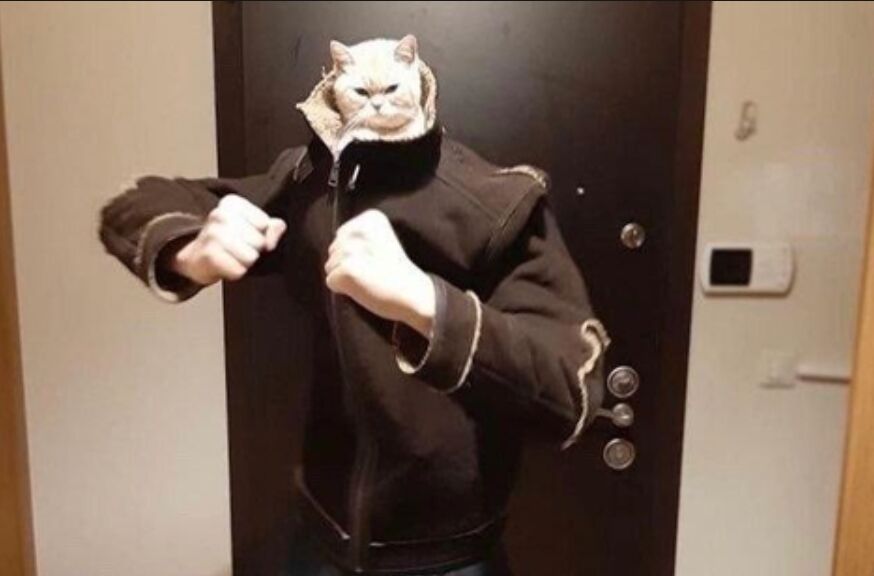UK's Far-right leader's Twitter rant over child identifying as cat sparks controversy and irony
Far-right leader Paul Golding expresses discomfort with human-animal identity after watching viral video. However, video authenticity cannot be verified, potentially falling under internet parody known as Poe's Law. Golding's tweet ignites mockery and highlights his irony and extremism. Incident follows discussion on Japanese man living as a dog, receiving both curiosity and criticism. Human-animal identity continues to spark debates and discussions with varying perspectives.
Far-right leader Paul Golding of the UK's Britain First party recently expressed his disdain on Twitter after watching a viral video of a mother discussing her son's identification as a cat. Golding's tweet, which claimed that society had collapsed and compared the situation to the end times, highlighted his discomfort with the concept of human-animal identity.
However, the authenticity of the video could not be independently verified, and it may fall under the realm of internet parody known as Poe's Law. Poe's Law states that without clear indicators of an author's intent, extreme views expressed in a parodic or sarcastic manner can be mistaken for genuine beliefs.
Nathan Poe, who originally stated the law in 2005, argued that it is nearly impossible to parody a creationist without someone mistaking it for a serious argument. This principle seems relevant to the discussion around the child identifying as a cat, as without further information or context, it is challenging to determine if the video is sincere or satirical.
Golding's tweet sparked a wave of mockery and sarcasm from social media users, many of whom pointed out his history of extremism and previous criminal convictions. Given Golding's well-known anti-immigration and anti-Islam views, his reaction to the video provided an opportunity for users to highlight the irony and hypocrisy in his own statements.
This incident follows a similar discussion that emerged on social media surrounding a Japanese man who spent a significant amount of money to transform himself into a dog. Going by the name Toco online, the man has adopted a canine lifestyle, wearing a custom-made collie costume and behaving like a real dog.
Toco's videos showcasing his four-legged life have gained a substantial following on YouTube, with nearly 33,000 subscribers. Although Toco's decision to live as a dog has attracted both curiosity and criticism, he continues to receive mostly positive feedback from his fans. He views his lifestyle as a way to fulfill a childhood dream of becoming an animal and hopes to inspire others with similar aspirations.
The phenomenon of human-animal identity, whether through identification or transformation, continues to spark debates and discussions on social media. While some view it as a form of self-expression, others question its impact on society and traditional notions of identity. As these discussions unfold, it is important to approach the topic with a critical and open-minded perspective, considering the complexities and nuances that surround it.




